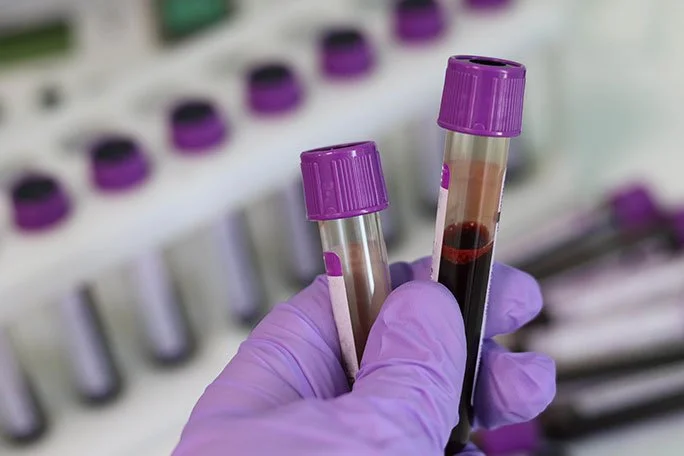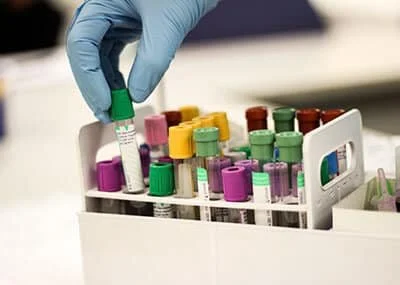Future Of Interoperability In Healthcare Systems.
Interoperability in healthcare systems has long been a challenge for the industry. The ability of different healthcare information systems and software applications to communicate, exchange data, and use the information that has been exchanged is crucial for providing efficient and effective patient care. In recent years, there have been significant advancements in technology and regulations that are shaping the future of interoperability in healthcare systems. In this article, we will explore the current state of interoperability in healthcare systems and discuss the future trends and challenges in this important area.
Factors Affecting Interoperability In Healthcare
In today's rapidly evolving healthcare landscape, the importance of interoperability cannot be overstated. Interoperability refers to the ability of different information technology systems and software applications to communicate, exchange data, and use the information that has been exchanged. This seamless flow of information is crucial in ensuring that healthcare providers have access to the complete and accurate data they need to deliver high-quality care to patients.
Standards For Interoperability In Healthcare
In today's digital age, interoperability in healthcare has become more important than ever. With the increasing use of electronic health records (EHRs) and various healthcare technologies, the ability for different systems and devices to communicate and exchange data seamlessly is crucial for providing high-quality patient care. In order to ensure effective interoperability, there are certain standards that need to be followed. In this article, we will explore the key standards for interoperability in healthcare and why they are important.
Interoperability In Healthcare Data Exchange
Interoperability in healthcare data exchange is a crucial aspect of improving patient care, enhancing efficiency, and reducing costs in the healthcare industry. In this blog post, we will explore the importance of interoperability in healthcare data exchange, challenges faced in achieving interoperability, and solutions to promote seamless data sharing among healthcare providers.
Importance Of Interoperability In Healthcare
Interoperability in healthcare refers to the ability of different health information systems, devices, and software applications to communicate, exchange data, and use the information that has been exchanged. In simple terms, interoperability allows different healthcare providers, systems, and applications to seamlessly work together and share information in a secure and efficient manner. This is crucial for improving patient care, streamlining administrative processes, and reducing healthcare costs.
Interoperability Challenges In Healthcare It
In today's healthcare landscape, the use of technology plays a crucial role in improving patient care, streamlining operations, and enhancing communication among healthcare providers. With the increasing adoption of electronic health records (EHRs) and telemedicine, healthcare IT systems have become more prevalent than ever. However, despite the numerous benefits that technology offers, interoperability remains a significant challenge in healthcare IT.
Improving Interoperability In Healthcare Systems
Interoperability in healthcare systems refers to the ability of different software applications and systems to communicate, exchange data, and use the information that has been exchanged. In recent years, there has been a growing emphasis on improving interoperability in healthcare to enhance patient care, streamline workflow, and reduce healthcare costs. In this blog post, we will explore the importance of interoperability in healthcare systems and discuss some strategies for improving interoperability.
Role Of Interoperability In Healthcare
Interoperability in healthcare refers to the ability of different information technology systems and software applications to communicate, exchange data, and use the information that has been exchanged. In the context of healthcare, interoperability is crucial for the seamless exchange of patient information between healthcare providers, facilities, and systems. This blog post explores the importance of interoperability in healthcare and how it can improve patient outcomes, streamline processes, and enhance overall efficiency in the healthcare industry.
Barriers To Healthcare Interoperability
Healthcare interoperability is the ability of different information technology systems and software applications to communicate, exchange data, and use the information that has been exchanged. It is a critical aspect of healthcare delivery, as it enables healthcare providers to access and share patient information seamlessly, leading to improved patient outcomes and care coordination. However, there are several barriers to achieving healthcare interoperability that need to be addressed in order to fully realize its benefits.
Interoperability In Healthcare Benefits
Interoperability in healthcare refers to the ability of different information systems and software applications to communicate, exchange, and interpret data seamlessly across organizational boundaries. The seamless exchange of information within the healthcare ecosystem is crucial for improving patient care, enhancing efficiency, reducing costs, and enabling innovation.
Interoperability In Healthcare Systems
Interoperability in healthcare systems is a critical concept that refers to the ability of different information technology systems and software applications to communicate, exchange data, and use the information that has been exchanged. This interoperability is essential for the seamless and efficient delivery of healthcare services, as it allows different healthcare providers to access and share patient information easily, leading to improved quality of care and patient outcomes.
The Future Of Patient Data Management.
As technology continues to advance, the healthcare industry is constantly evolving as well. One area that has seen significant growth and change in recent years is patient data management. With the increasing digitization of healthcare records and the adoption of electronic health records (EHRs), the way patient data is collected, stored, and managed is undergoing a transformation. In this blog post, we will explore the future of patient data management and discuss the key trends and technologies that are shaping the industry.












